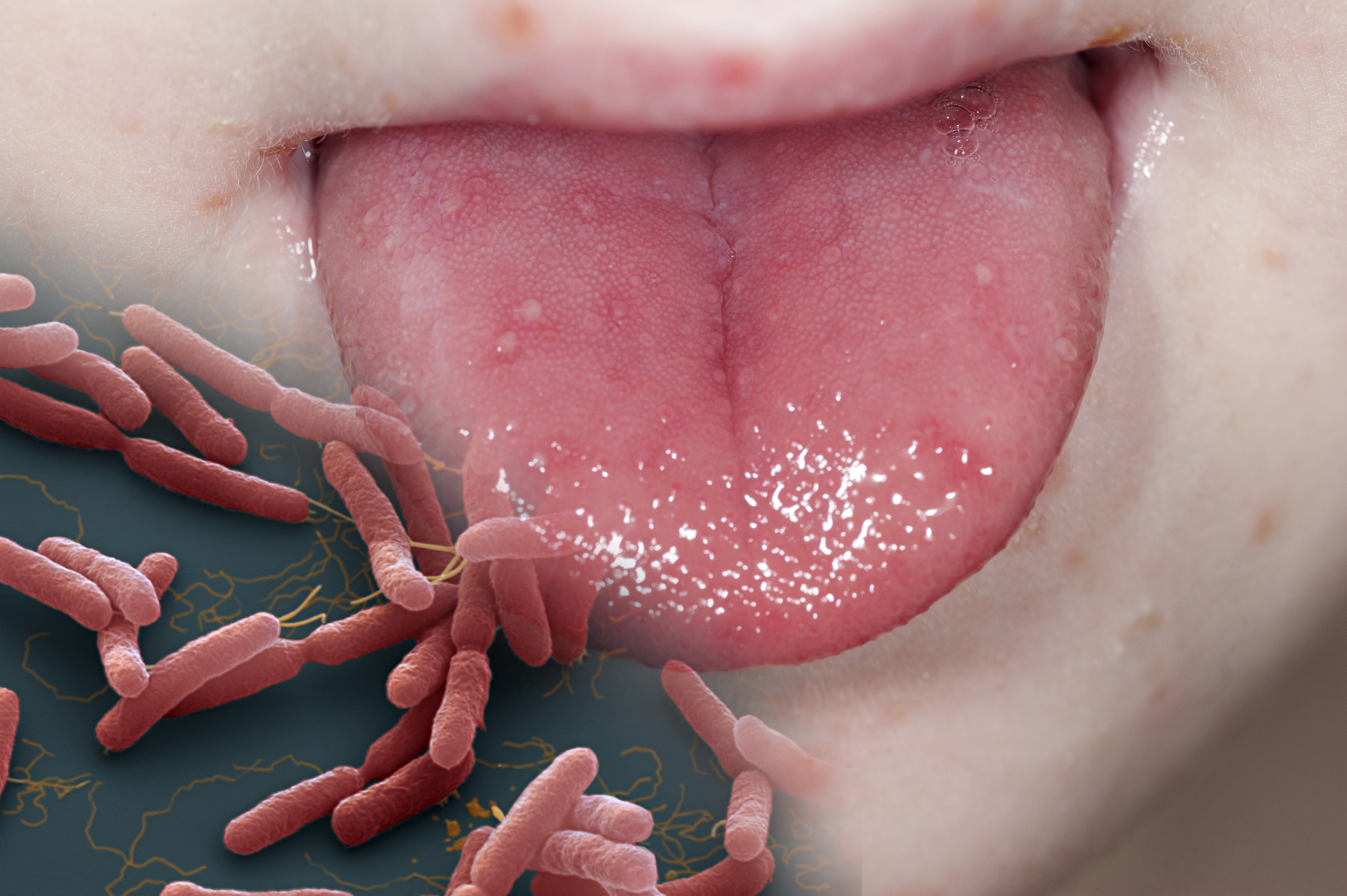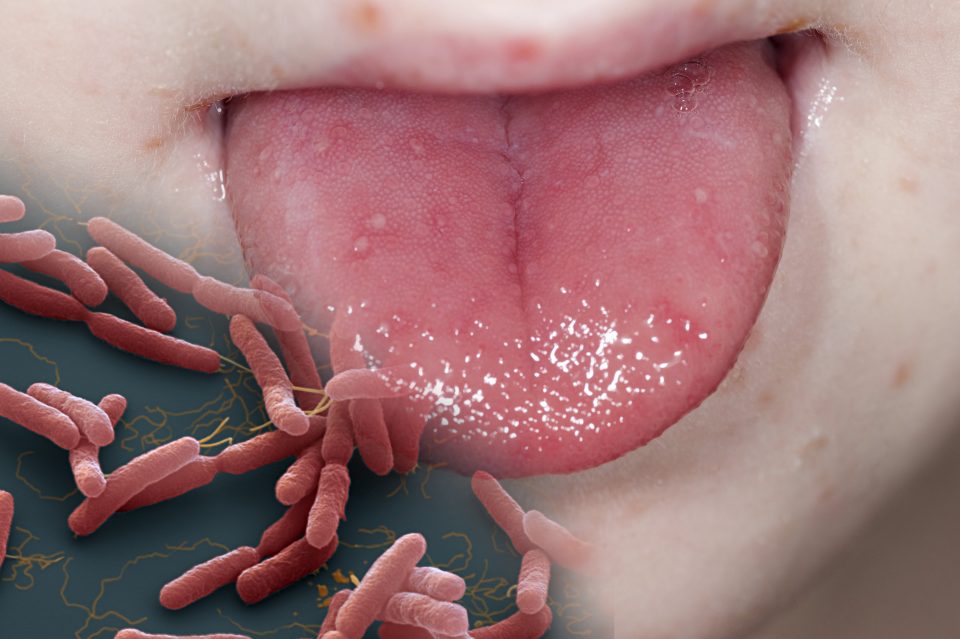
By Doctor Kartini Farah Rahim
Let me reveal something here, I have an obsessive-compulsive disorder especially on cleanliness. Germaphobia is a fear of infection or contamination by any microscopic organisms, be it bacteria, viral or fungal. It is difficult living as me as I cannot stop myself from repeatedly questioning myself if I have washed my hands thoroughly. I will not reveal the lengthy process of my washing and bathing here. It is laborious until my hands and feet have developed eczema, having constantly been in contact with water, soap, detergent and bleach. Hence the choice of all my bags and shoes are made of washable materials. I have alcohol sanitizer spray in my handbag. I will never touch public toilet handles with bare hands, and prefer eating at home, where I can cook or re-heat bought dishes. My water-resistant phones have failed many times due to water seepage.
My obsession started after I had a severe bout of bacterial food poisoning few years ago where I needed intravenous fluid and was admitted to the hospital. I was so weak and dehydrated, and the pain in my stomach was excruciating. Food poisoning is most commonly caused by dangerous bacteria such as E.coli and Salmonella, leading to the hospitalization of millions yearly worldwide. Viruses and parasites can also cause food contamination.
Hand, foot and mouth disease (HFMD) outbreak
It is not my intention to influence anyone to be obsessive about cleanliness; however the current epidemic of HFMD made me extra cautious. I see many of these cases in my clinic. Let’s face it, the hospital is not the cleanest place on earth where sick patients are carriers of usual and unusual germs. If I suspect a patient has an infectious ailment, I will wipe down all surfaces with alcohol spray and change the sheets after they leave. Any bodily fluid on the floor must be mopped clean first before the next patient comes in.
HFMD is caused by enterovirus, a viral disease that occurs worldwide, sporadically but frequently epidemic as it is easily transmissible. Outbreaks are common among children who gather in groups as they are in direct contact with the nasal discharges and faeces of infected children or contaminated objects and surfaces. The illness is usually mild and self-limiting but young children may develop fever and blisters. Some may have complications with the more virulent types of enterovirus. There is no vaccine against this virus but one may develop immunity against it as a result of previous infection.
The Five Second Rule
My mother believes in this universal rule that any food accidentally dropped onto the floor but picked up quickly within five seconds is still safe to be eaten. She will just blow on it and continue to eat it.. So, the question is how quickly does bacteria stick to our food? I had always resisted the temptation to spare any food that fell onto the floor, however clean it may look. Few research papers have shown that once the food is in contact with any surface, the contamination is immediate. It is more so if the food has high moisture content and has been trampled on by outdoor shoes. It is good
to take note that researchers found that those supposedly clean shoes are more than 90% contaminated with faecal material. My conclusion is, once it touches the floor, it will never touch my lips.
It is common sense that any material that is shared frequently in public are good surfaces for bacteria to adhere to and survive. There are hundreds of publications that report the presence of bad germs on banknotes and handphones. From this understanding, I shy away from stalls with sellers that touch food and money without using clean gloves, and those without running water. Now, one can no longer wonder why one has bad stomach aches after consuming that nice murtabak from the pasar malam.
Germs are everywhere!
Bacteria are very diverse tiny living beings and have been around for billions of years, adapting to nearly every environment on earth. Bacteria is everywhere, on the soil, air, ocean, even on us right now (both inside and out), in trillions. They become a part of an important earth ecosystem. Despite having this unbelievably huge number of bacteria on our body, why are humans able to survive?
Although some bacteria cause disease, many are helpful to us. We host thousands of different types of bacteria, at different body sites where they create a balanced and healthy environment. Most of them exist in our gut flora, and some on the skin. Example of a good gut bacteria is Lactobacillus acidophilus, commonly found in probiotic yogurt that may help digest food, produce vitamins and kill the bad bacteria. The good bacteria in our mouth may prevent fungal growth. Scientists are still studying the effectiveness of taking supplementation of probiotics on health issues like gastrointestinal and allergic disorders.
Clean Hands Save Lives
As a dermatologist, I have seen many examples of infections due to poor hand hygiene. Many patients with eczema frequently develop skin infection from a type of bacteria called Staphylococcus aureus which frequently colonizes the skin. This is exacerbated by incessant scratching and inoculation of the bacteria from the nails deep into the small cracks in the skin. They may get crusts, weeping erosions or blisters from this infection. This method of transfer by hand is by far the most common route to spread infection amongst children. So, what can we do to protect ourselves and our children?
Once a child is infected, it is just a matter of time before the others develop the same illness, unless important preventive steps are taken. One may prevent the transmission by avoiding close contact with an infected person. Those that have the disease must be kept away from the others and prompt cleaning of any soiled materials. Proper hand hygiene is the one of the most important, simplest and least expensive means of reducing infections and to reduce the spread of antimicrobial resistance. The Ministry of Health Malaysia has issued steps of effective hand disinfection technique when one is in contact with a possibly infected person, surfaces or material. So go ahead and wash those hands again, your health (and your family’s) is in your hands!





